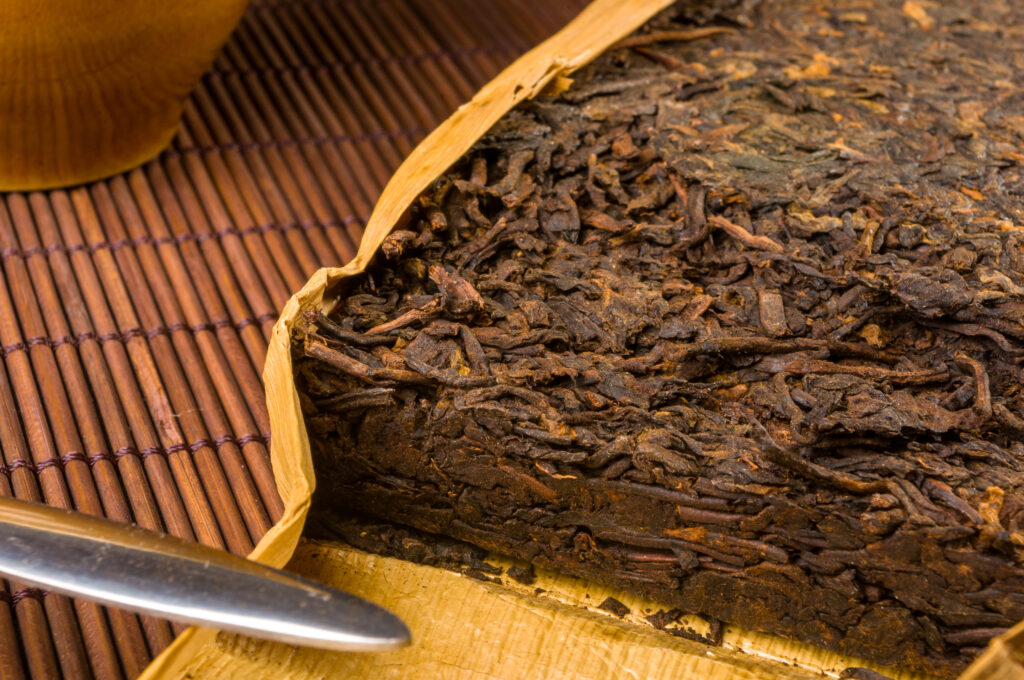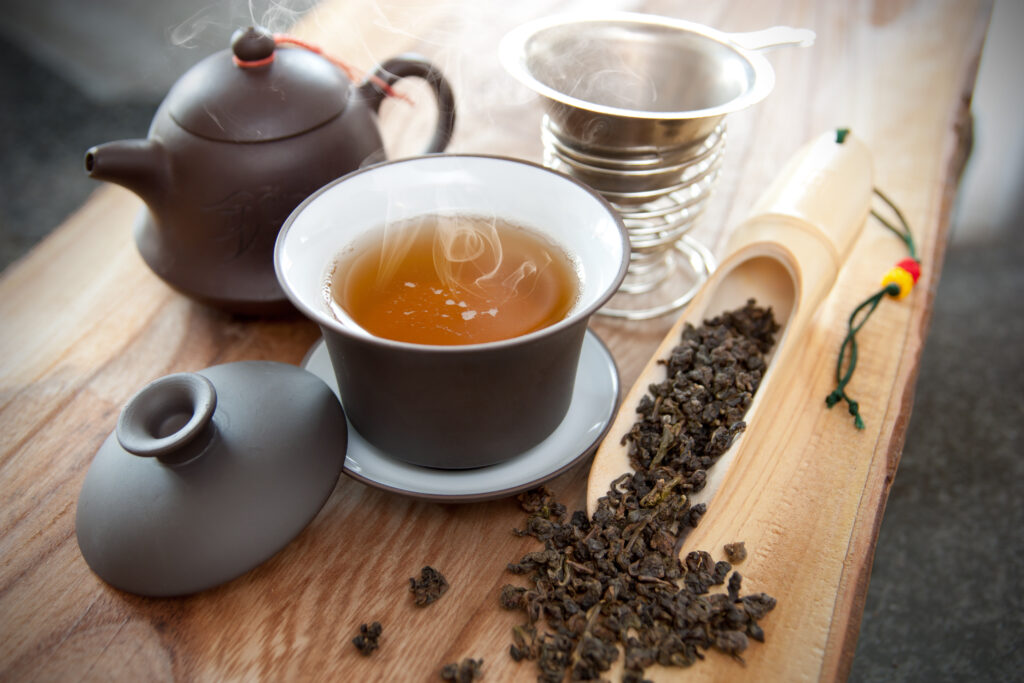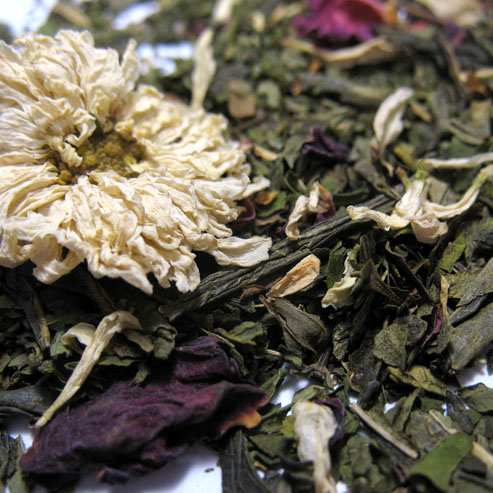Boost Eyesight and Improve Vision with Tea
Most beverages are not designed to promote health. Sodas, juices, ready-to-drink smoothies and shakes and so on mostly revolve around flavor—often sweet—and simple hydration.
Meanwhile, other drinks focus on energy. From canned coffee to the wild diversity of other caffeine-spiked beverages, this category of beverage does deliver health benefits, of a sort. But they only address one condition.
Tea, on the other hand, has long been associated with myriad health benefits, including energy, thanks to the tidy quotient of caffeine in traditional Camellia sinensis. But with tea, the health advantages extend far beyond adding zip to peoples steps. Tea can aid digestion, and improve skin quality. It can promote sleep, combat inflammation and enhance memory and mental activity.
Tea is eye balm
It can help refine eyesight, too. Maintaining healthy blood sugar, for example, is essential for vision health. Some teas address blood sugar issues. People carrying too much weight also can suffer from poor eyesight, and teas can serve as powerful weight management tools. And finally, Traditional Chinese Medicine (TCM) turns to certain herbs to help optimize sight. And most of these herbs find their way into tea.

We often take for granted our ability to simply see. But when it deteriorates, we begin paying close attention. If the topic interests, we recommend watching the movie Sight, once it is released later this year. The film documents the heroic work of Dr. Ming Wang, who has performed more than 55,000 eye surgeries and helped millions of people restore their sight. Dr. Wang runs a nonprofit called Wang Foundation, designed to help orphan kids who are blind to regain their eyesight. He’s a remarkable man, who continues to make a big difference for one of the senses that we too often take for granted.
Either way, we all care deeply about our eyesight, even if we don’t spend much time thinking about it. One way to continue the sense’s off-your-radar status is to take care of your vision, even when everything seems A-OK. To do so, we recommend this trio of teas. You’ll love sipping them for their beautiful flavor. And your eyes will appreciate your sipping, too.
Tea for Eyesight: Organic Ripe Puerh

Puerh, China’s famous fermented tea, is consumed across the nation and around the world for its complex aromas, which evoke things like forest floor, mushrooms, caves and other natural environments—in a good way! The flavors are just as intriguing. But people also sip the tea, most of which comes from China’s beautiful Yunnan Province, for its health properties. The fermentation adds new compounds to tea, which can improve digestion (it’s enormously popular as an after-dinner tea) and even boost liver health. But puerh also helps steady blood sugar. And that makes it an eye-supportive tea, as unhealthy and volatile blood sugar detracts from eye health.
Our organic ripe puerh (ripe refers to the “wet piling” method of jumpstarting fermentation within the tea; raw puerh requires more time to achieve fermentation) has a pleasant “cha qi,” making you feel grounded and light.
Tea for Eyesight: Dan Cong Honey Orchid Oolong

As with our Organic Ripe Puerh, people drink Dan Cong Honey Orchid Oolong for its orchid fragrance and spectacular flavor, which offers notes of apricot. And this oolong is also prized because it comes from a single grove of trees—that’s what dan cong means—in China’s southern Guandong Province, where the tea shrubs are harvested and processed individually. Each grove yields tea with unique fragrances and flavors. But they also love this tea for its health support, especially its ability to serve as a partner during efforts to lose weight. Losing extra pounds serves health in many different ways. One of them: it contributes toward eye vigor.
Tea for Eyesight: Organic Chrysanthemum Green Tea

This tea is made from the blossoms of chrysanthemums. But unlike popular flowers for tea, such as jasmine, lavender and rose, its aromas and flavors don’t align with fragrances you might encounter in perfume. Instead, chrysanthemum tea broadcasts a profoundly soft aroma, with gentle honey undertones. The flavor is quite similar—there’s something honeyed about chrysanthemum blossoms when they steep. In addition, this tea incorporates grassy Japanese sencha tea, peppermint and rose petals. The overall flavor? Superb, a blend of herbal, floral and sweet notes.
The chrysanthemum flower, known as ju jua in Chinese, figures largely into TCM, and is often leveraged to combat headaches and dizziness. People sip it, too, to help cope with stress. Its uses, in fact, are widespread in TCM. One of the things for which TCM practitioners prescribe chrysanthemum is eyesight. Regular sipping of this delicious elixir seems to sharpen vision and moisten eyes that have turned dry.
Vision is central to the human experience, but we too often take it for granted. Sip tea—and bolster and even enhance that vision!

